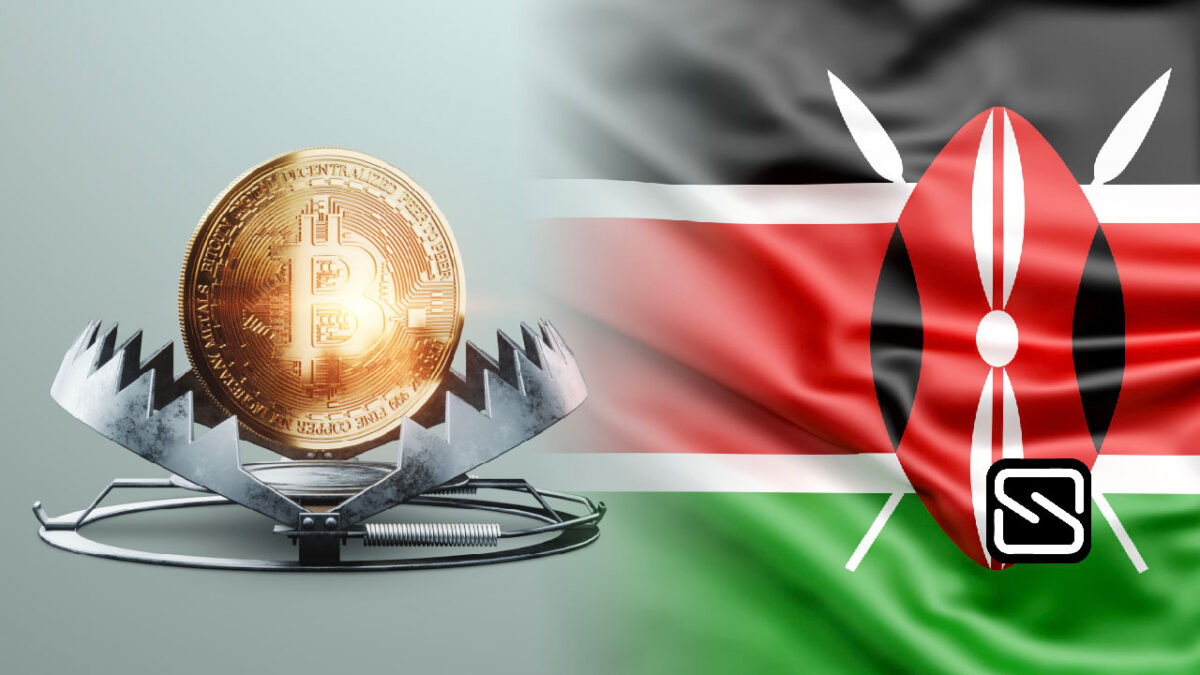According to a new report, Kenyans have lost over $10,077,200 USD (KSh 1.18 billion) in a ponzi scheme run by Kenyan and Chinese fraudsters.
In the days leading up to the downfall of Bitstream Circle, the company that was exploiting money from its investors, mostly Kenyans, began to experience delays while attempting to withdraw their funds. The announcement about the crypto frauds was announced shortly after this.
The company penetrated the market on December, 7th last year promising a daily profit return of five to ten percent of the invested cash.
In such a short period, the ponzi scheme had amassed over 10,000 followers on its Telegram page, dubbed “BT Elite Team.” To be added to the group, one had to make a $20 (Sh2,340) deposit.
A mentor was assigned to each investor who would show them how to convert their shillings into crypto coins, trade, profit, and withdraw their funds. Thousands of Kenyans saw it as a simple method to generate quick cash.
Operations were moving on well until March 13th when users began experiencing withdrawal delays.
When questioned about it, the company claimed that it was upgrading its systems and that the upgrade would take five hours to complete. Then, on March 14, the Telegram group administrator broke the news to the investors that;
“You are a bunch of brainless races, see you on our next plan. Bye, haha. I am living a luxurious life with your dollars. If you have invited friends, wait to be killed by your recommenders. Idiots. There will be a time to meet.” the administrator told the 10,914 investors on the Telegram group.
Bitstream Circle suddenly removed its online presence immediately after the telegram announcement and vanished off the internet without warning. Its website and mobile applications, as well as its Telegram profile, are no longer available. Crypsense Digital Group’s forensic research has revealed that it had defrauded consumers $10,048,350 (Sh1.18 billion) in just 97 days.
According to its YouTube Page, which is the only digital footprint the company left, it was registered in the UK.
“Bitstream Circle Ltd is an active company incorporated on November 25, 2021, with the registered office in South Croydon, Greater London. There is one active director and one active secretary according to the latest confirmation statement submitted on November 25, 2021,” it says.
Information from the registry names Qian Yang, a Chinese national as the director with 10,000 shares worth KSh 1.45 million. After registering the company, Yang moved to start a website and a mobile application.
Two websites, www.btgroup.win and www.bitstreamcircle.co.ke and a YouTube channel, Bitstream Circle went up on December 7 which is when the company entered the Kenyan market. An application using the same name was also created although investors could trade on the two websites.
According to investigations, the two websites were created to provide the company a worldwide outlook and to make its domain easily searchable on Google. A lot of Kenyans were hired as mentors and customer service agents to give the organization more legitimacy. The majority of them were hosted at www.bitstreamcircle.co.ke
On March 14, Bitstream vanished into thin air, but one of its owners had a parting shot for people who were upset about their money disappearing.
“I still drive my Ferrari every day and some of you can’t afford to eat,” he said.









